Revolutionizing Investments: How AI Platforms are Shaping the Future of Finance

Can AI Really Unlock Your Investment Potential? The Future of Wealth Management is Here
Have you ever wondered if artificial intelligence could be the key to achieving your financial goals? For decades, traditional investment strategies relied heavily on human expertise and market analysis. But now, a paradigm shift is underway with the rise of AI-Powered Investment Platforms. These platforms are leveraging the power of algorithms, machine learning, and big data to revolutionize how we invest, offering unprecedented opportunities and challenges. This comprehensive guide will delve into the world of AI in finance, exploring its key concepts, market trends, practical applications, and essential considerations for both investors and businesses.
Key Concepts & Trends
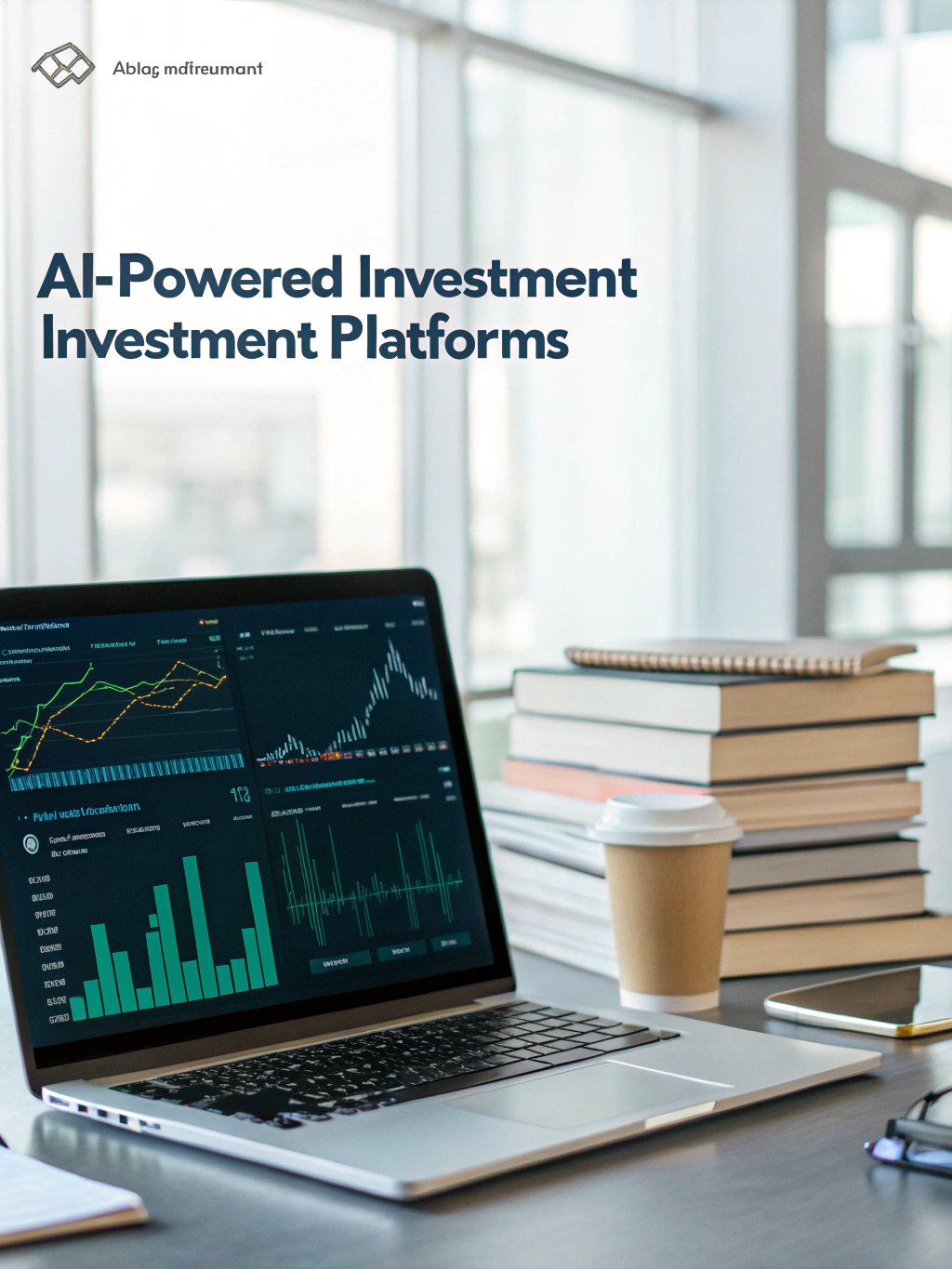
The landscape of AI-powered investment is rapidly evolving, built upon several core principles and emerging trends. At its heart lies algorithmic trading, where computer programs execute trades based on pre-defined rules and market data analysis. This contrasts with traditional manual trading, enabling faster decision-making and the ability to capitalize on fleeting opportunities. Robo-advisors, another key component, utilize algorithms to build and manage investment portfolios based on an individual’s risk tolerance, financial goals, and investment horizon. Think of them as automated financial advisors, democratizing access to professional money management.
These platforms utilize sophisticated machine learning algorithms to analyze vast amounts of data, identifying patterns and predicting market movements with remarkable accuracy. Furthermore, we’re witnessing the integration of Fintech, a broad term encompassing technology-driven financial innovations. AI is deeply intertwined with Fintech, driving advancements in areas like fraud detection, personalized financial advice, and automated tax optimization – all crucial for a streamlined investor experience. A compelling analogy is comparing it to moving from using a physical map to relying on a GPS – the AI-powered platform provides real-time, data-driven guidance where traditional methods are often delayed or less informed. The increasing availability of cloud computing has also made these complex AI models more accessible and cost-effective for both startups and established financial institutions.
Data & Market Insights
The adoption of Algorithmic Trading, Robo-Advisors, Fintech is not just a theoretical concept; it’s a tangible reality with significant market impact. According to a recent report by Grand View Research, the global robo-advisory market was valued at $35.8 billion in 2022 and is projected to reach $193.5 billion by 2030, growing at a CAGR of 22.4%. This explosive growth is fueled by increasing investor demand for automated solutions and the decreasing cost of AI implementation.
A 2023 survey by Statista revealed that 45% of millennials and Gen Z investors are using robo-advisors or other AI-powered financial tools. This trend is particularly pronounced among younger demographics who are more comfortable with technology and seeking accessible investment options. Furthermore, institutional investors are increasingly integrating AI into their trading strategies. JP Morgan Chase, for instance, utilizes AI and machine learning for tasks ranging from risk management to fraud prevention, resulting in improved efficiency and reduced operational costs. This isn’t limited to traditional finance; DeFi (Decentralized Finance) is also leveraging AI for market analysis and automated strategies.
Smarter Strategies & Alternatives
While AI-Powered Investment Platforms offer immense potential, combining them with other strategies can further optimize your investment approach. Diversification remains a cornerstone of sound financial planning. Consider integrating alternative investments like real estate, private equity, or commodities into your portfolio, even if managed through an AI platform. This can help mitigate risk and enhance returns.
For businesses, employing AI-powered tools can streamline investment decision-making processes. Rather than relying solely on gut feeling or anecdotal evidence, businesses can leverage AI for market research, competitor analysis, and risk assessment. Tools like Koyfin and AlphaSense provide AI-driven insights into financial data, helping businesses make more informed investment choices. A good alternative to conventional robo-advisors might be a hybrid approach: leveraging an AI platform for portfolio construction while consulting with a human financial advisor for personalized guidance. This ensures both the efficiency of AI and the human touch when critical decisions are involved. Focusing on long-term investment goals rather than short-term market fluctuations is also crucial, a strategy AI can effectively support.
Use Cases & Applications
The practical applications of AI-powered investment platforms are vast and growing. Retail investors can benefit from personalized portfolio recommendations, automated rebalancing, and tax-loss harvesting – all features readily available on many platforms. For example, Wealthfront and Betterment are popular robo-advisors that offer these services.
In the enterprise space, AI is revolutionizing asset management. Hedge funds are using AI to analyze vast datasets, identify alpha opportunities, and execute trades with greater speed and precision. Startups are developing innovative AI-powered investment tools for specific niches, such as cryptocurrency trading or alternative asset investing. Companies like Numerai have created a data-driven hedge fund powered by a global network of data scientists using machine learning to predict market movements. Successfully integrating AI often requires a strategic pivot in existing workflows, focusing on data collection, algorithm selection, and continuous monitoring to ensure optimal performance.
Common Mistakes to Avoid
Despite the advancements, several common pitfalls can derail AI-powered investment success. Over-reliance on historical data is a significant risk. AI algorithms are trained on past data, and market conditions can change unexpectedly. Ignoring ethical considerations is another crucial mistake. AI bias can lead to discriminatory investment outcomes.
Furthermore, failing to understand the underlying algorithms and their limitations can be disastrous. Treating AI as a black box without understanding its decision-making process is a recipe for trouble. Constant monitoring and adjustment are essential. Markets are dynamic, and AI models need to adapt to new data and changing conditions. Finally, neglecting cybersecurity is a major concern, especially with the increasing reliance on digital platforms and the potential for data breaches. Regularly auditing platforms and employing robust security measures are paramount.
Maintenance, Security & Long-Term Planning
Maintaining and securing AI-powered investment systems is an ongoing process. Regular updates are crucial for patching vulnerabilities and improving performance. Implementing robust cybersecurity protocols, including multi-factor authentication and encryption, is essential to protect sensitive financial data.
Diversification isn’t just for portfolio allocation; it extends to the platforms and technologies you use. Relying on a single provider creates a single point of failure. Long-term planning should include anticipating regulatory changes, such as those related to data privacy and algorithmic transparency. As AI becomes more sophisticated, regulatory frameworks will evolve, and staying ahead of the curve is vital. Scalability should also be considered – can the chosen platform accommodate your future growth and evolving investment needs?
Summary & Key Takeaways
AI-Powered Investment Platforms are not just a buzzword; they represent a fundamental shift in how we approach wealth management. From algorithmic trading to robo-advisors and Fintech integrations, AI is unlocking new possibilities for investors and businesses alike. Key takeaways include the importance of diversification, the need for continuous monitoring, and the crucial role of cybersecurity. While challenges exist, the potential benefits – including increased efficiency, personalized advice, and improved returns – are undeniable.
FAQs
Is it too late to invest in crypto? While the cryptocurrency market is volatile, AI is being used to analyze crypto data and identify potential investment opportunities. However, thorough research and risk assessment are crucial before investing.
How can small businesses use AI? Small businesses can use AI for various tasks, including market research, customer service (chatbots), and automating financial processes.
What tech stacks scale best? Cloud-based platforms using microservices architecture tend to scale best for AI applications.
If you found this guide valuable, please share your experiences with AI-Powered Investment Platforms in the comments below! You can also explore related articles on Fintech trends and algorithmic trading.
Share this content:

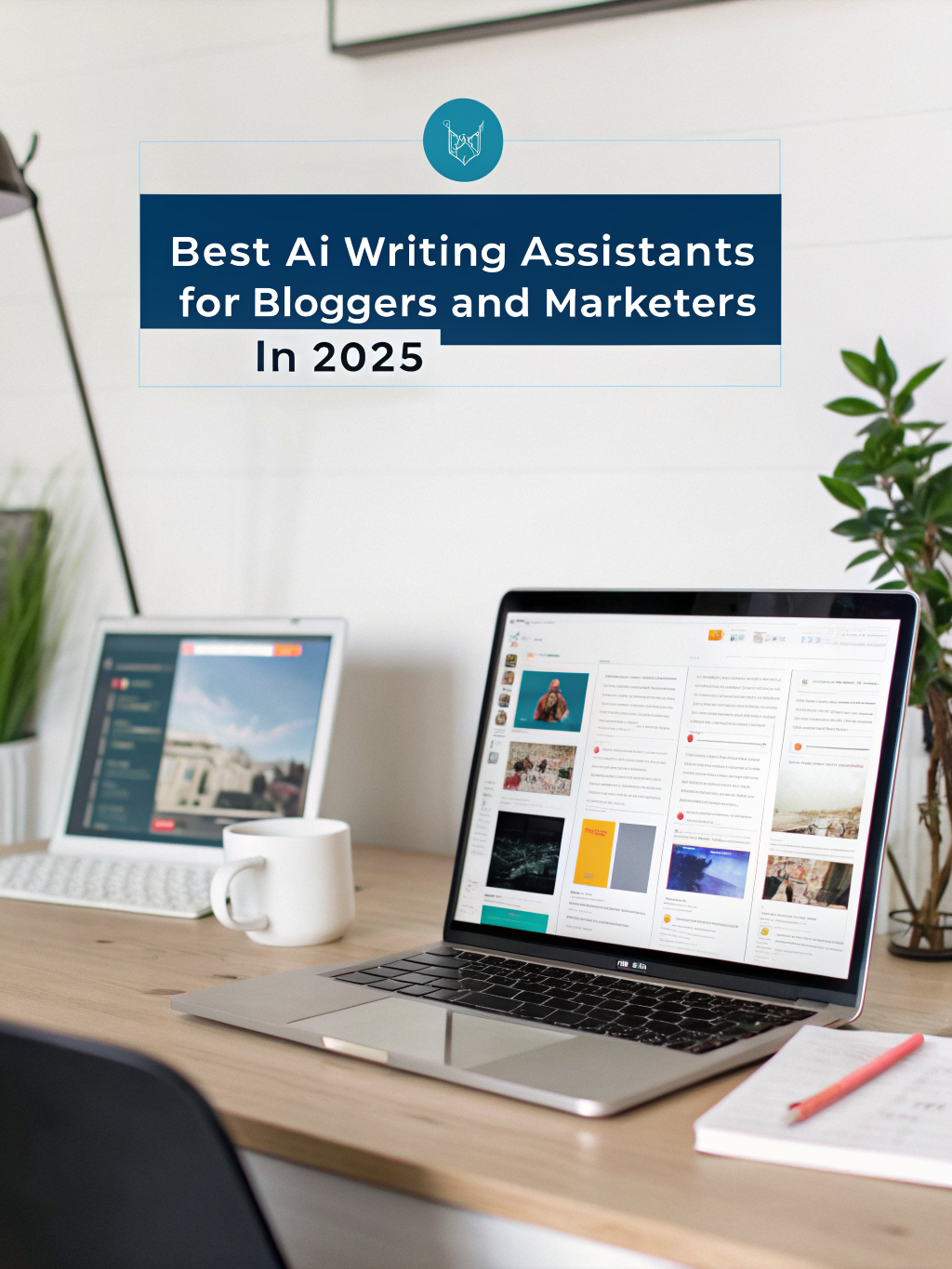
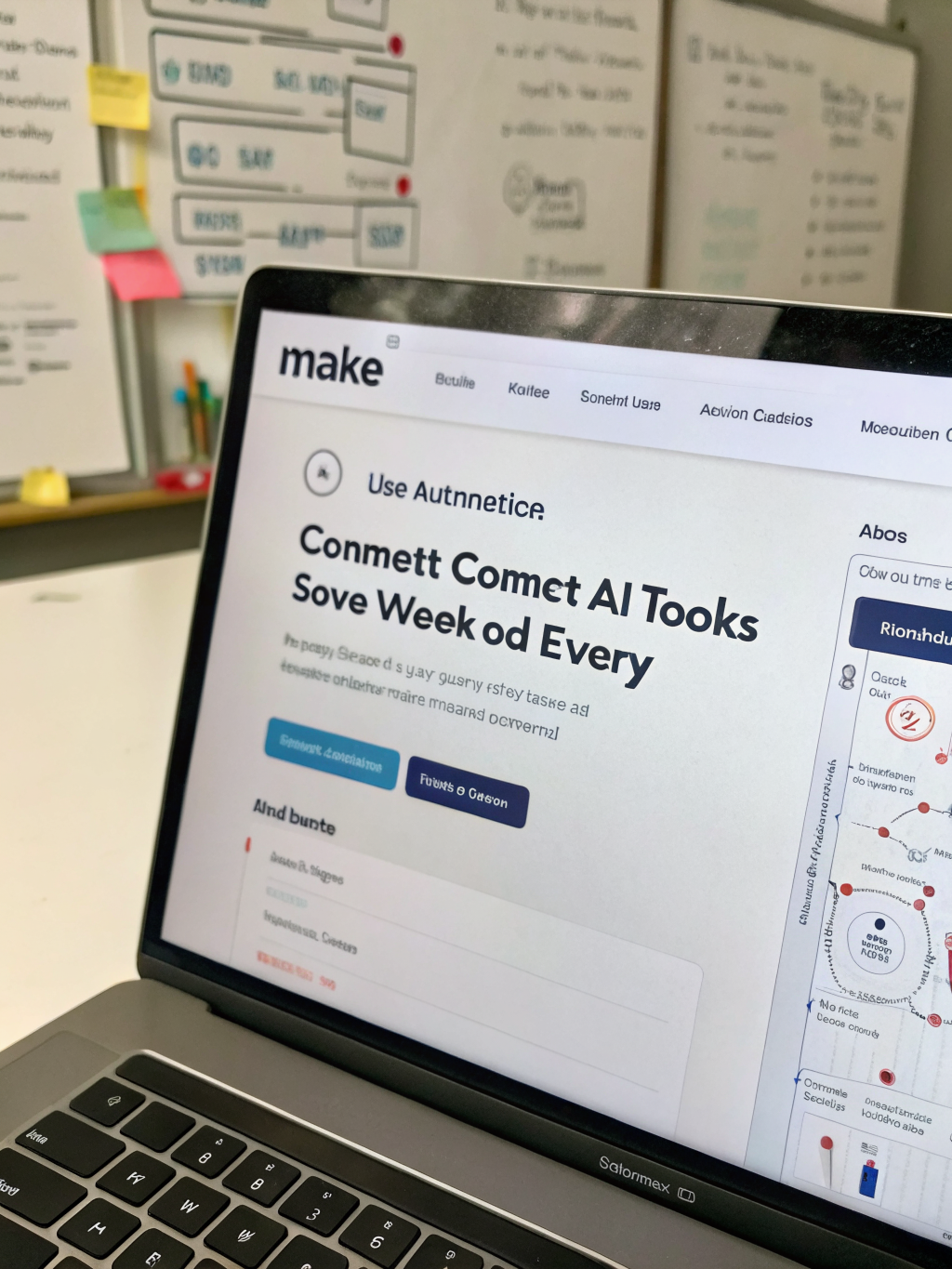
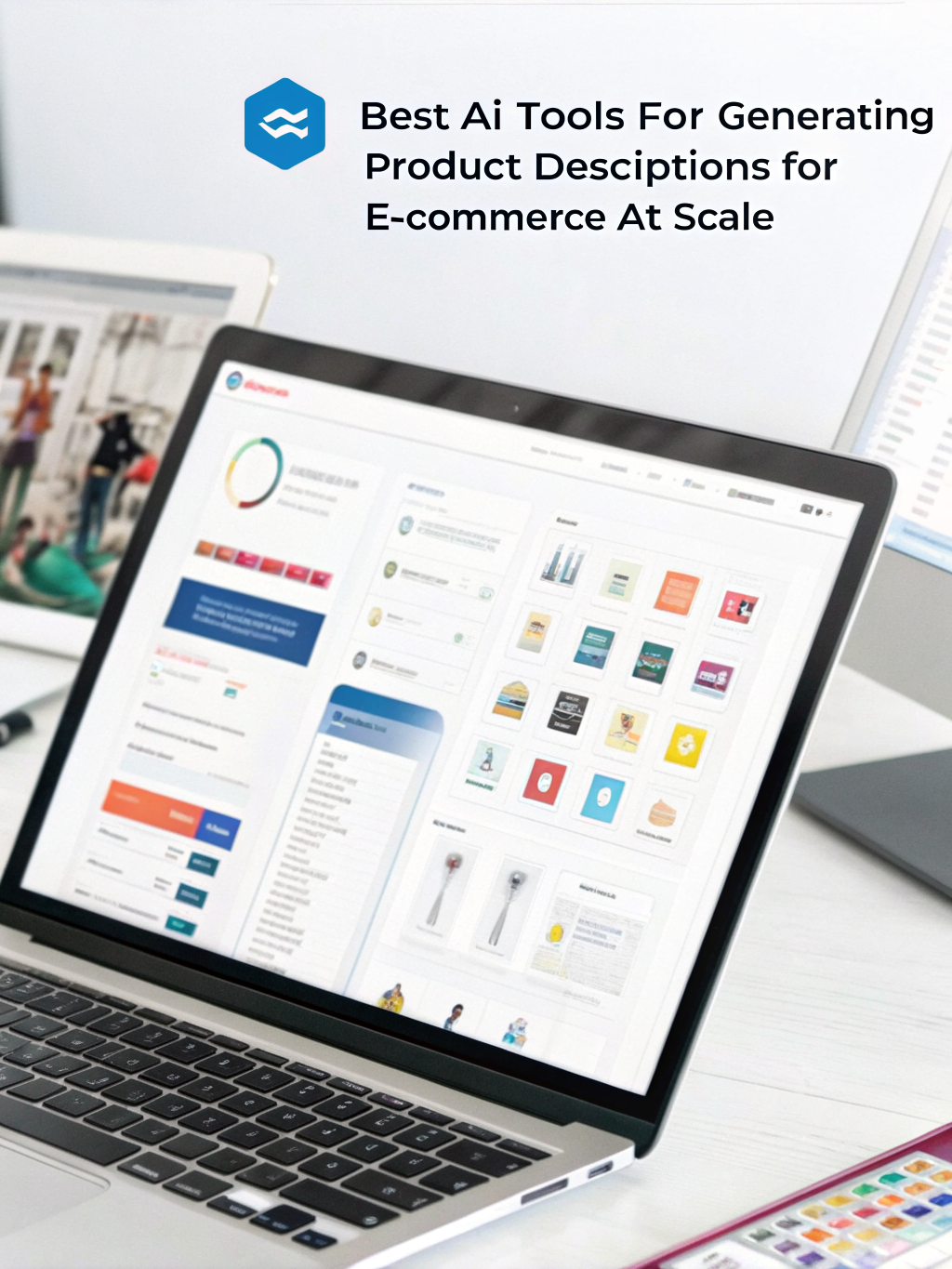
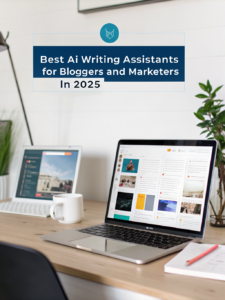
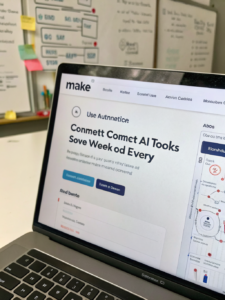
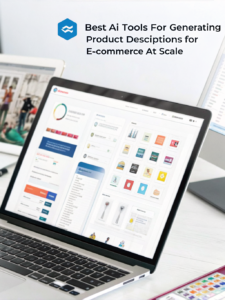
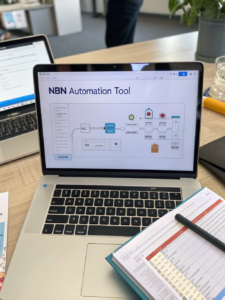
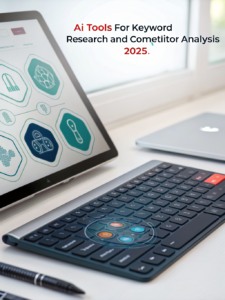
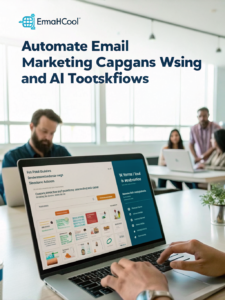
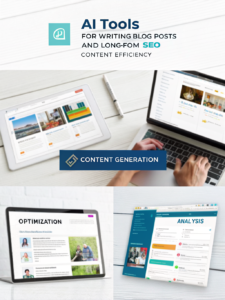


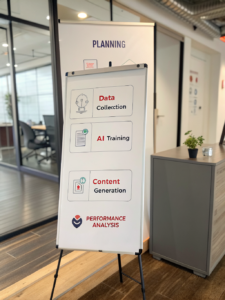
Post Comment